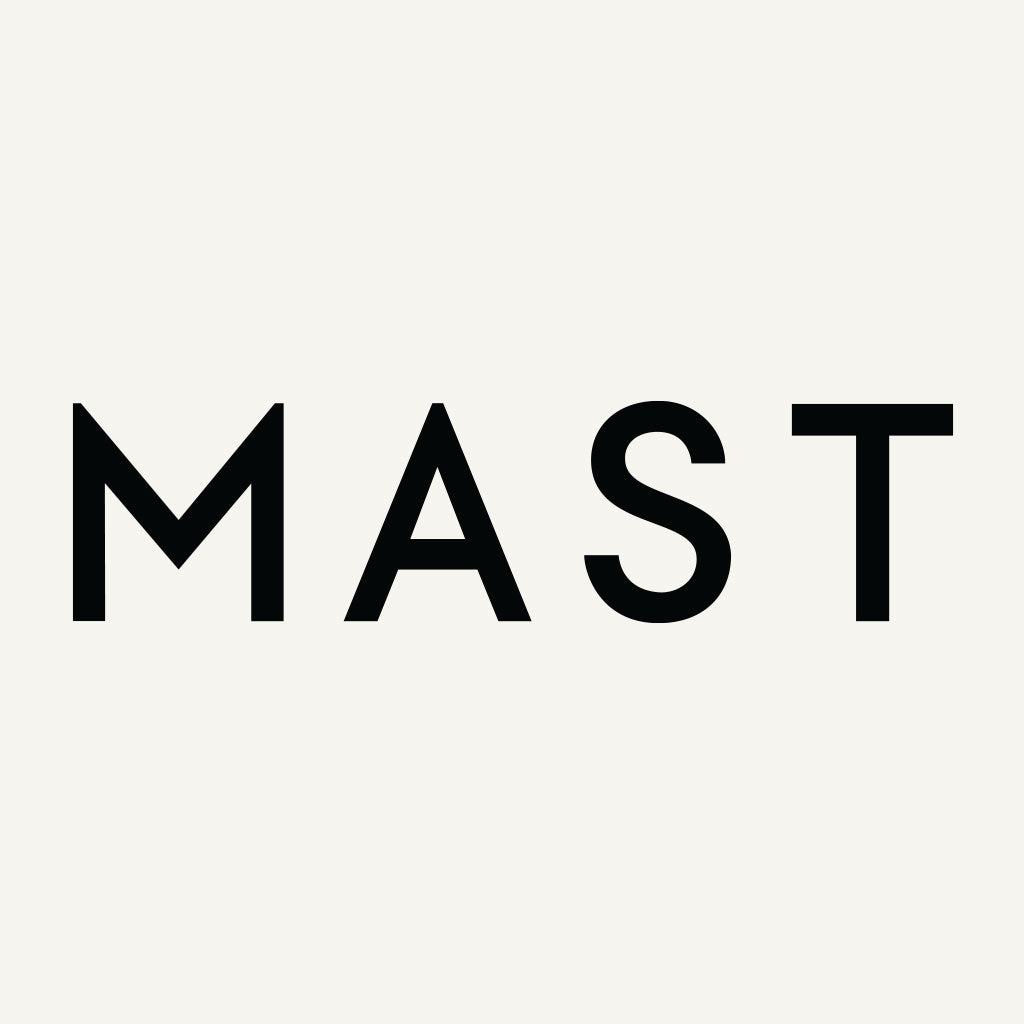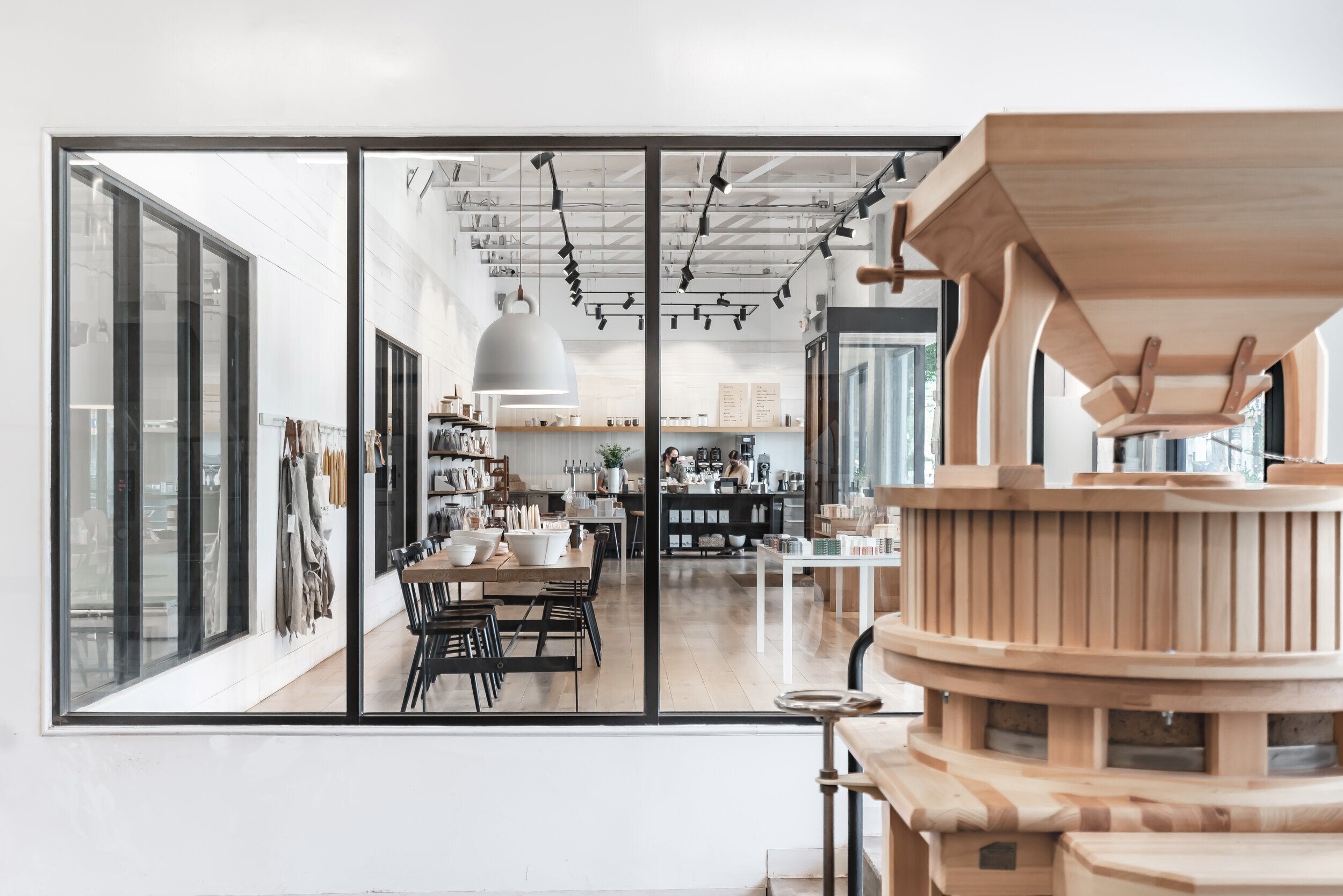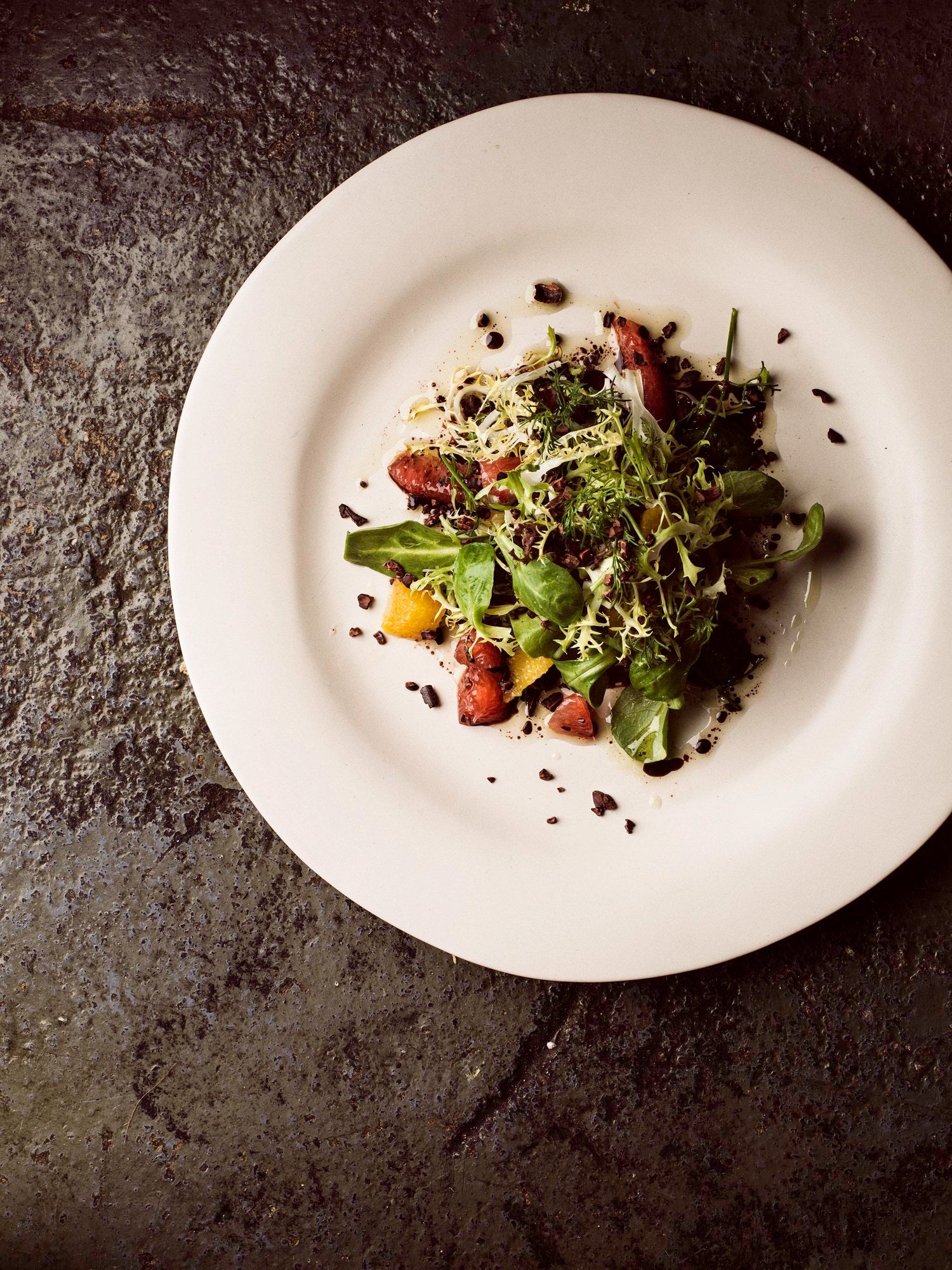What’s in a Name?
In conversation with Lemar and Lois Ann Mast.
Family has always been the foundation and inspiration for what we do, and the wonderful thing about family is that it doesn’t have to be stagnant or fixed: it’s often an endless well of discovery, if you remain curious. It’s funny – I often get asked if my brother and co-founder Michael and I are actually brothers. We are, and it makes me chuckle that “Mast Brothers” didn't entirely give it away.
In the spirit of family, I’d like to share an experience I’ve been sitting on for a while which has really stayed with me, and I think you’ll see why. In fact, it’s something that has become increasingly influential and foundational moving forward, and perhaps many of you have experienced something similar.
The summer before the pandemic (commonly known as August 2019), I attended a Mast family reunion. My brother and I and our older sister were raised by our mother (maiden name Howard) and knew very little of Mast family history, so when we received the warm invitation, I was filled with curiosity and unexpected emotion. Lovingly organized and run by Lois Ann and Lemar Mast of Morgantown in Pennsylvania’s Lancaster County, the reunion was a multi-day gathering filled with the home cooking, songs and hymns, genealogy talks, sharing of stories, much laughter, and gorgeous handcrafted quilts. It was humbling, fascinating, and kind of wonderful to come to the Mast family with fresh eyes and much to learn.
You can read more about the reunion itself in the article linked above (beardless picture included), but Lois Ann and Lemar’s radical hospitality, their love and leadership, and the entire Mast family gathering’s togetherness, Mennonite history, and profound sense of community is something that has affected me greatly. I still have more work to do to completely understand how and where our ancestral paths cross, but whether inherited or chosen, we were all family that day and forever more.
Recently, Mast Journal's Amelie Yeager was fortunate enough to sit down with Lois Ann and Lemar at their publishing house, Masthof Press & Bookstore, in Morgantown. Masthof publishes genealogy books and helps authors self-publish their family stories. Lois Ann and Lemar also lead European Heritage Tours, tracing peoples’ lines back and retracing their ancestors’ footsteps. Today, the publishing house is run by their children, Daniel and Elizabeth.
Just before our conversation, Lois Ann was busy tracing one of her ancestral lines — she says she almost forgot our meeting, she was so caught up in her research. It struck us how even after all these years, there is still a palpable sense of joy and dedication that Lois Ann and Lemar feel towards their work, whether tracing their own history, or a stranger’s.
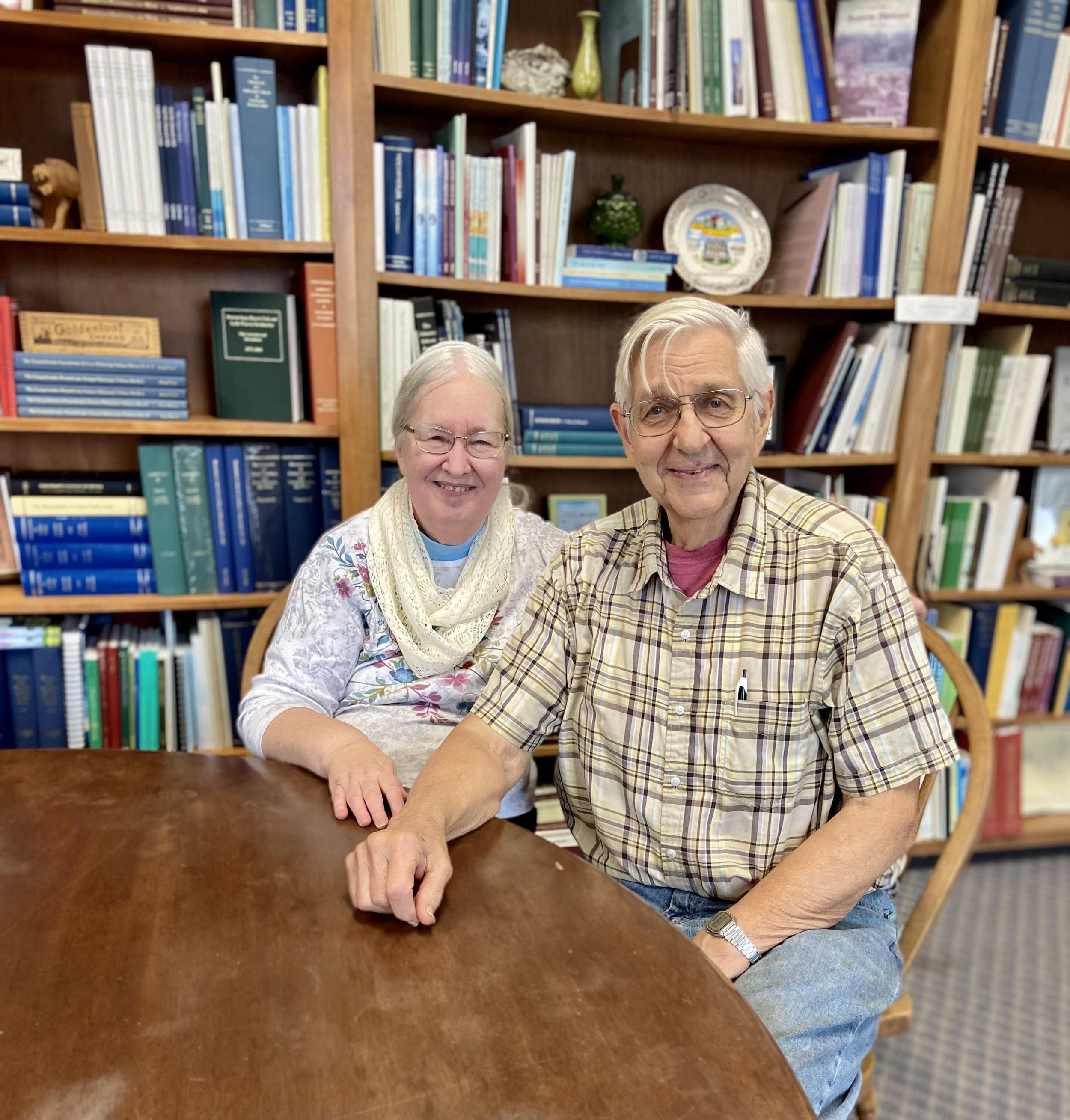
Mast Journal: What does being a Mast mean to you?
Lemar: In fourth grade, I was visiting with my grandfather and he picked up a Mast family history book. He pointed and showed me his name in it. I thought that was really neat. Then he showed me how I could trace the family line way, way back. Today, I can trace my own ancestors all the way back to Switzerland. To me, Switzerland was just a place way over there — but now, I’m attached to it.
Lois Ann: We’re genealogists, so in our work, so many different names come together — it’s almost overwhelming. We’re descended from a thousand people back to the 1700s. It’s mind-boggling. So when you start to do a genealogy chart, it’s a special feeling. It makes you feel more connected.
Mast Journal: Lois, were you interested in genealogy before becoming a Mast?
Lois Ann: Oh, yes. When I was 21 years old, I was the librarian at Lancaster Mennonite High School, and one of the board members came up to me and said, ‘Your mother was a Bruebaker.’ I said, ‘Yes…’ She said, ‘Which Bruebaker do you go back to?’ I said, ‘I don’t know!’ And she said, ‘Well, you find out and when I come to the next board meeting, you tell me!’ So, of course the next board meeting came around and I hadn’t gotten to it. But I felt guilty so I started to trace it back, and that’s how I got hooked. You just become a detective. I published a book on the Bruebaker family, then I met him [gesturing to Lemar], and we connected.
Mast Journal: So you both came to genealogy separately, before you knew each other.
Lois Ann: Well, yes. But not in the fourth grade, like him!
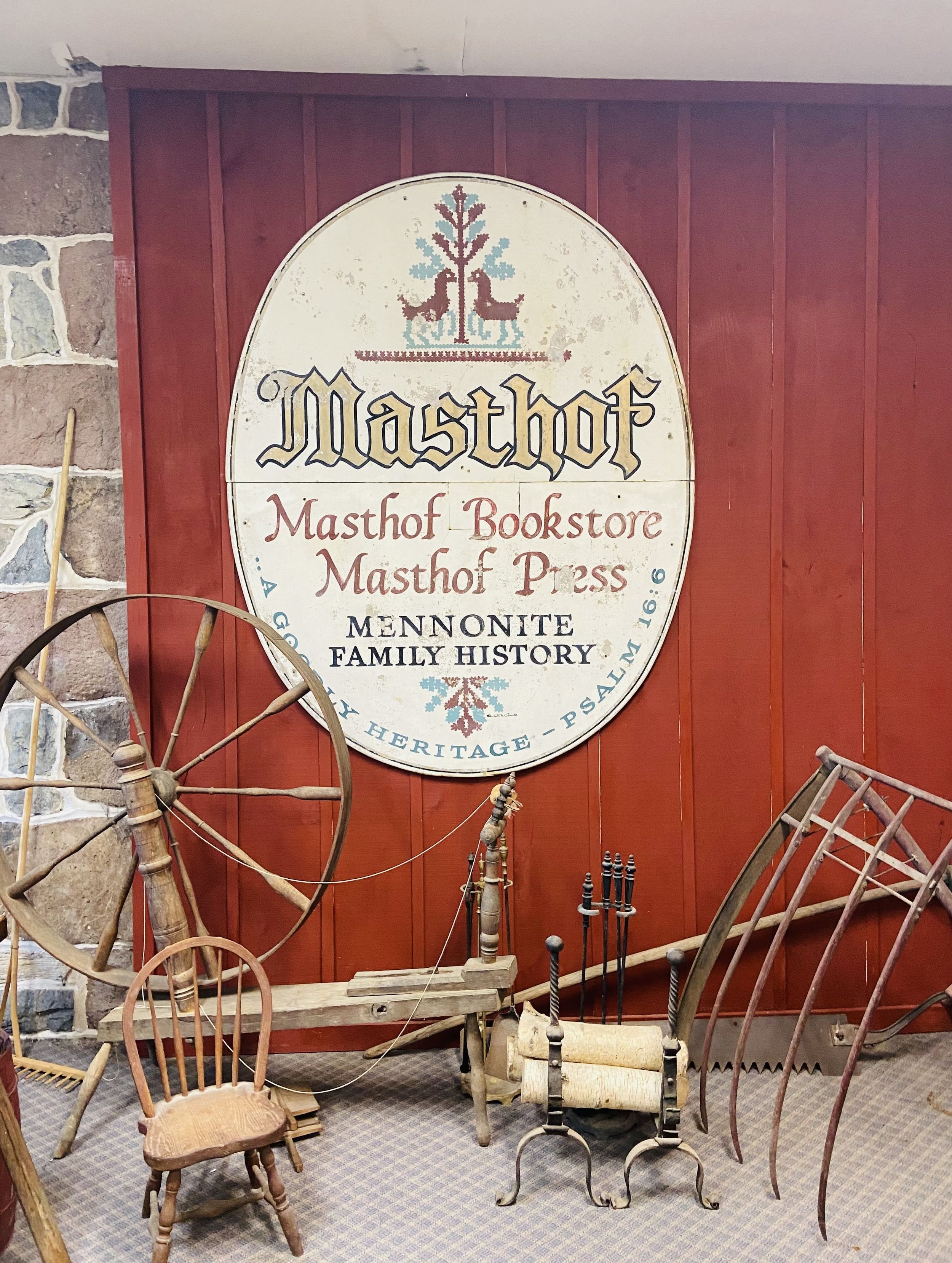
Mast Journal: How did you get started with Masthof Press?
Lois Ann: We never thought we would be publishers. We’d started a magazine in 1982 called Mennonite Family History, which was the genealogy of Mennonite salvation brethren. Then, we started having children and kept on working on the magazine, and people would start coming to us and assume we had a bookstore, asking if we had this book or that book. So, eventually we opened a small bookstore. Then some time later, a man stopped in and said, ‘My wife just died. Could you please make a book out of her genealogy? She never got it done.’ And that’s how we started.
Mast Journal: It seems like genealogy is almost a bug, or an infectious interest, that’s passed on from person to person. How did you get started with the European Heritage Tours?
Lois Ann: In 1990, one of Lemar’s cousins asked if we could show them where their ancestors had lived in Europe. We’d never done anything like that, but we said, ‘We’ll try!’ And then the next year, someone else asked, and we’ve pretty much been doing a trip every year since. It’s very humbling, because we didn’t plan it, but it’s so rewarding. Now, we get a variety of both Masts and people from all over. A lot of people like to do it in big family groups. This upcoming tour, it’s called the Mast Family Heritage Tour because most of the people are Masts, and the other ten, we’ll just adopt them as cousins.
Mast Journal: When you take these trips and you’re walking in the footsteps of your ancestors, I can imagine that’s a very powerful thing. What does that feel like?
Lemar: Being from the Anabaptists, they were persecuted quite a bit. So when you’re standing in places where people have suffered or died, it’s a somber thing. It’s also a spiritual journey.
Lois Ann: And because you go through those situations, the whole group bonds together, whether it was their line or not. You come back, and they want to have reunions, and you just become a family. You help each other.
Mast Journal: What is your favorite part about what you do?
Lois Ann: Handing the finished book to the customer. They’ve worked for years on this, we’ve worked with them, and it’s emotional.
Like Lois Ann and Lemar, we’re most interested in what Mast can mean, and do, in the service of others. We’re excited to continue sharing these stories with you, and to spotlight the incredible people who inspire, teach, and serve their community. Farmers, makers, educators, and community leaders alike all working hard to help write the next chapter.
Finally, to note: There are several meanings of “mast” when you look them up. They range from a nickname for a tall, lanky man (hmm…); to the title of a farmer who herds pigs; to the fruit of a forest tree. This latter translation was the one Lemar shared with us at the end of our conversation, and it’s the one we have latched on to the most.
You may have heard of the term “having a mast year,” which means an abundant harvest of fruit and nuts. We couldn’t imagine a more suitable name for our little organic market
Mast Journal is just getting warmed up, look for upcoming stories and Q&As with pioneering cacao organization Kokoa Kamili, ceramicist Eric Bonnin, organic heritage grain farmer Thor Oeschner, and an Earth Day special with the sustainability lead of Bellwether Coffee, our zero emissions, small batch coffee roaster.
With gratitude,
The Mast Journal
